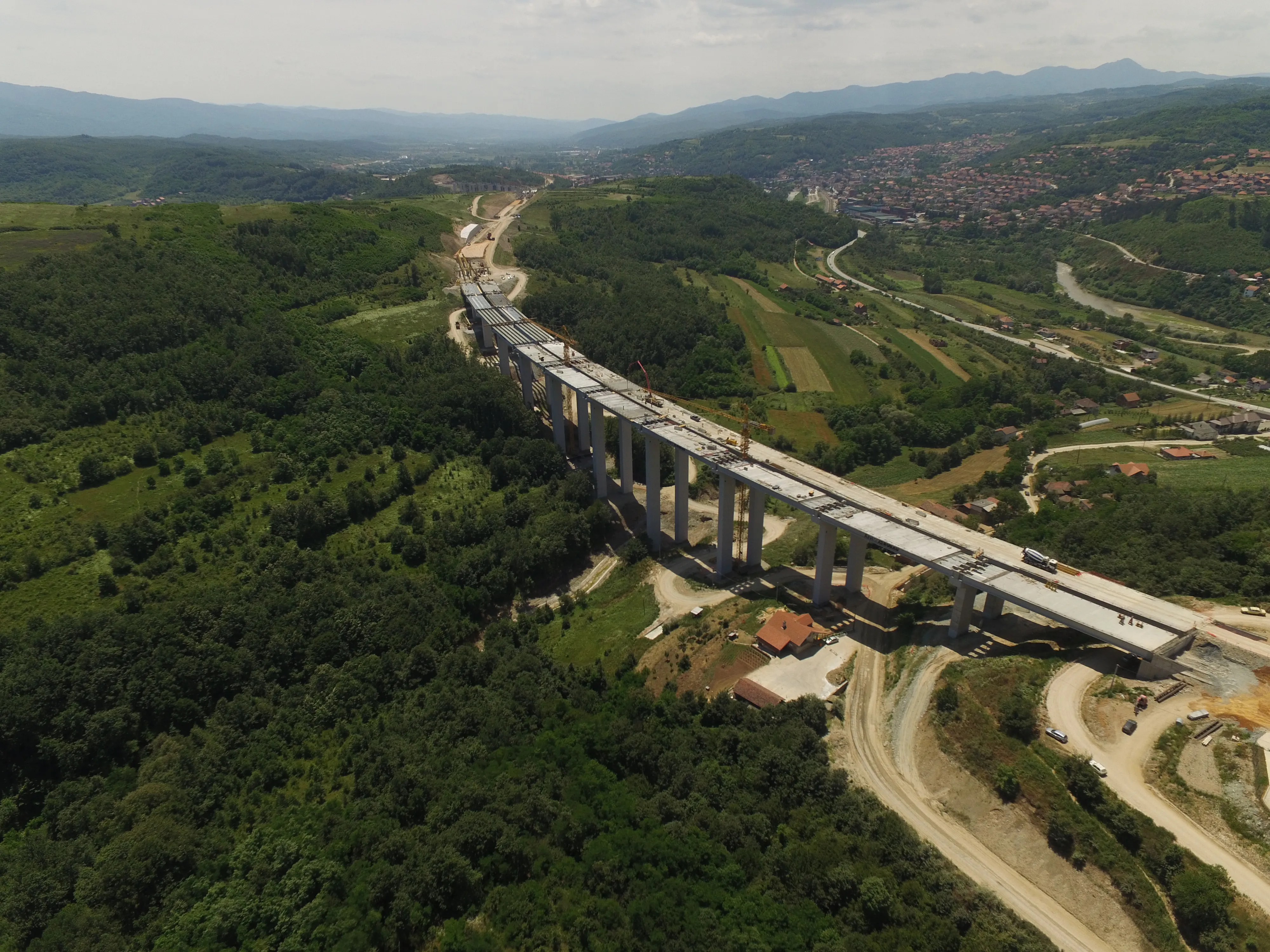In Mexico work is now being planned for a new US$398 million project to build a 77.6km highway.
March 1, 2012
Read time: 1 min
In Mexico work is now being planned for a new US$398 million project to build a 77.6km highway. The new Salamanca-Leon highway will be built by Coconal, Operadora de Autopistas and Mexico Constructora Industrial. The financing is being provided by private sources and construction work is due to commence in August 2011, with the highway expected to be open for traffic in mid 2013. Once the highway is complete it will form part of the Queretaro-Ciudad Juarez corridor, which links central Mexico with the north of the country.







